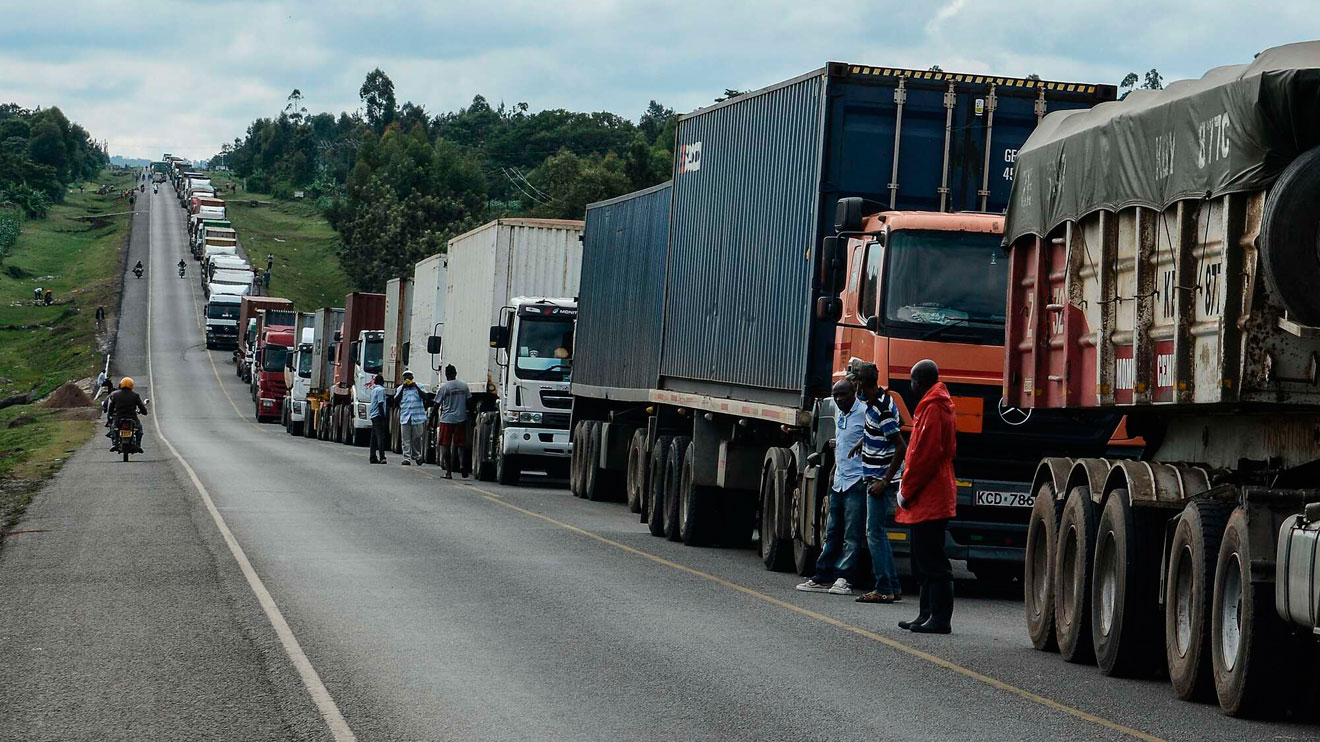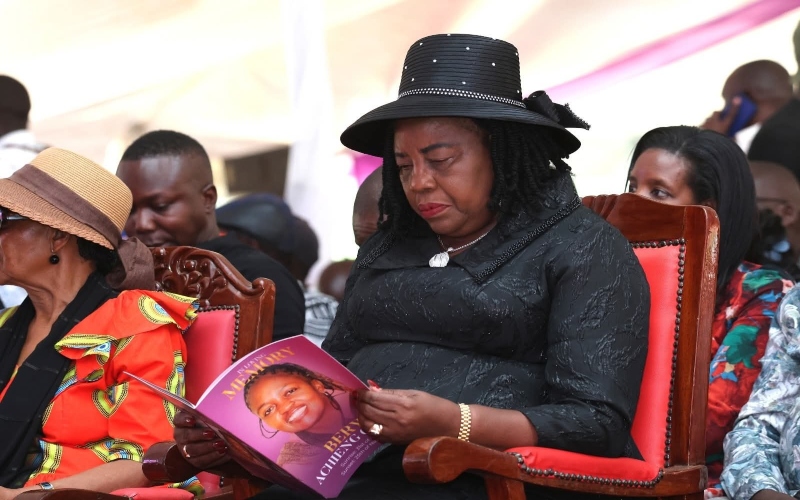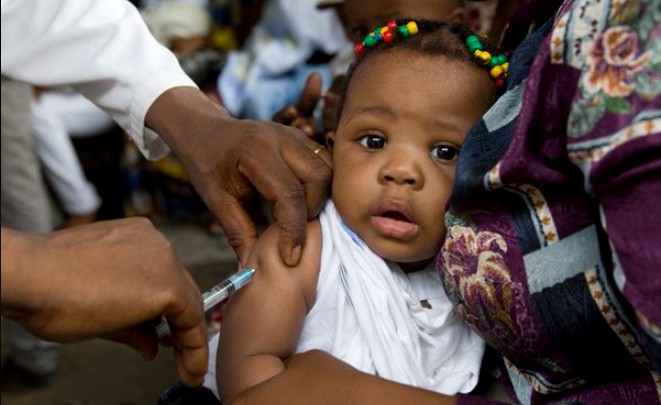From fires to missing children: How Eastleigh’s communal spirit responds to crisis
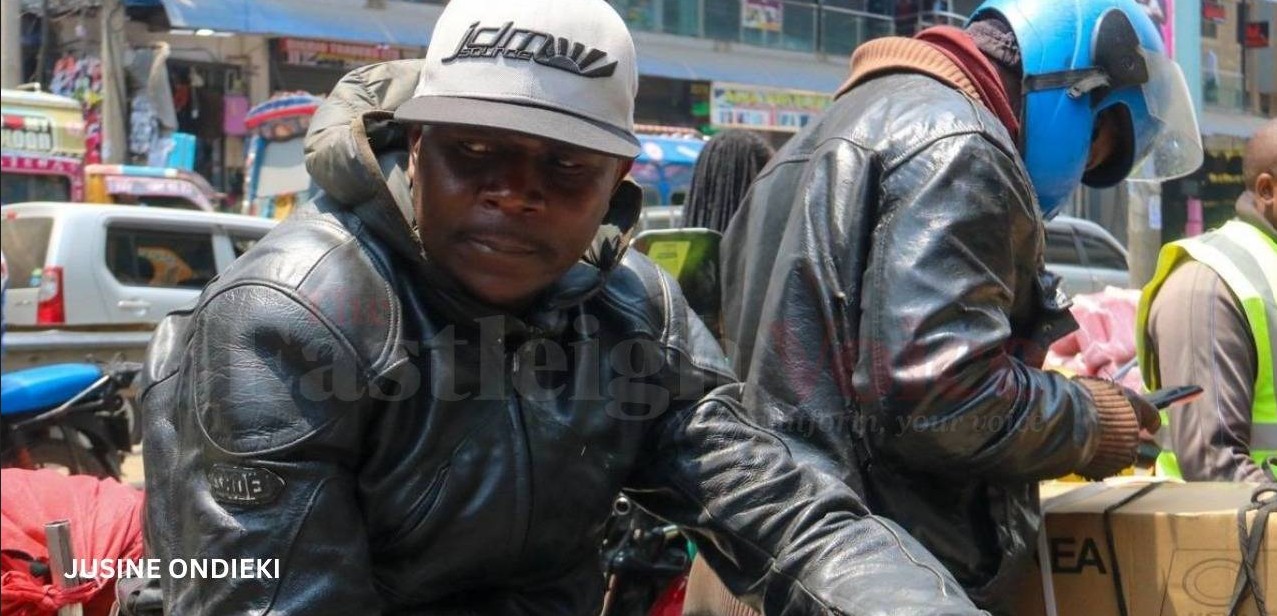
Eastleigh’s communal spirit is rooted in Islam, whose teachings emphasise shared responsibility and the belief that each neighbour’s well-being is a collective concern.
For residents and traders in Eastleigh, safety is part of daily life. Boda boda riders, taxi drivers, traders, parents, and youth respond to incidents instantly.
From fire outbreaks to missing children or catching a thief, communal living thrives here. Informal networks of communication protect businesses and lives in ways rarely seen in the central business district or other prime city locations, where people often prefer to “mind their own business.” In such places, chasing a thief who has just snatched a phone is dismissed as the victim’s unlucky day.
More To Read
- How community initiative is reviving Eastleigh’s cricket legacy
- Eastleigh MCA blames county officials for destruction of newly built Captain Mungai Street
- Youth football comes alive in Eastleigh as Fazam Academy clinches Moi Cup title
- Eastleigh’s 24-hour economy key to Kenya’s commerce, says CS Lee Kinyanjui
- Nairobi County, Eastleigh Business Association agree on food safety and restaurant licensing
- CBE curriculum spirit alive in Eastleigh as parents lead new wave of youth football development
This communal spirit in Eastleigh is deeply rooted in Islam, the dominant religion in the area. Its teachings emphasise shared responsibility, with the well-being of one neighbour regarded as the concern of all.
The culture of support extends even to strangers. Osman Mahmud, a resident and trader, says this is especially evident when a child goes missing in the crowded malls.
"In the case of a local and found child, then, I will contact the family to come for them. For those that I will not be familiar with, I will share the information amongst fellow traders until the parent is located. That way, we can assist each other. We are united and as such must remain supportive of each other, be it in looking for a missing child, helping another whose shop has been affected by fire and so forth," he explains.
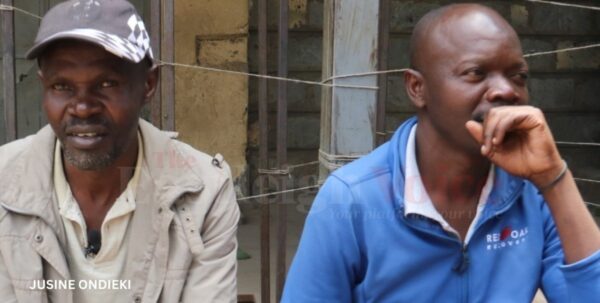 Wycliffe Kigasi (left), a casual labourer, shares how the Eastleigh community upholds togetherness beyond religious boundaries between Muslims and Christians. (Photo: Justine Ondieki)
Wycliffe Kigasi (left), a casual labourer, shares how the Eastleigh community upholds togetherness beyond religious boundaries between Muslims and Christians. (Photo: Justine Ondieki)
Natural sense of kindness
For Osman, this generosity stems not only from religion but also from a natural sense of kindness. That kindness shows in business too—when traders refer customers to each other if an item is unavailable in their shop.
"I think that general willingness to support each other helps in maintaining safety, because why would you want to harm your neighbour who keeps referring customers to you? Others will give you a seat to rest on as they rush to the shop where they know what you need is in stock. That amazes me all the time," says Rose Waithera, sipping a soda as she waits for her curtain order at a shop along First Avenue.
When a fire broke out at Eastleigh Mall last week, boda boda rider Vincent Mutava was among the first responders.
"When an incident happens, we get out of our way to assist. When the fire started, we quickly halted our activities to assist in salvaging what could be salvaged. It goes without saying that we extend the same kindness amongst ourselves. This stems from the fact that you just cannot see your neighbour suffering or in danger and just watch; we must all be there for each other," he explains.
Ring-fenced affected shops
In past fire incidents, traders have also ring-fenced affected shops to secure goods from theft or tampering.
For hustlers like Wycliffe Kagasi, togetherness is key.
"We are careful not to sabotage each other's work, so when an incident happens, we unite and assist each other or the affected person to get rid of the perception that some may have of us being criminals on those times we are idle. All we seek is to earn a living genuinely," he told The Eastleigh Voice.
He says hustlers also support traders during crises, knowing their livelihoods are linked.
"I would like for us and them to collaborate more as unity helps a place prosper. We depend on them and they depend on us, so let us love each other and not care where one comes from or their religion," he adds.
Duty-bound to apprehend lawbreakers
Earlier, Eastleigh Business District Community Chairperson Ahmed Abdullah Yare told The Eastleigh Voice that residents feel duty-bound to apprehend and report lawbreakers.
That vigilance makes a difference. "What I have seen and admired is their sense of unity, which helps tame insecurity in the sense that when one is attacked, they all rally to protect them. That way, thugs and pickpockets avoid committing crime since they know they will either be attacked by the locals or an officer out of nowhere," adds Ernest Joshua.
This spirit of collective problem-solving reflects the principles of the Nyumba Kumi initiative—Kenya’s community policing strategy introduced after the 2013 Westgate terror attack.
Nyumba Kumi
According to the National Police Service, "'Nyumba Kumi' is a Swahili phrase meaning ten households, though not literally. The Nyumba Kumi clusters cut across the various shades of society regardless of creed, political persuasion, ethnicity, race, gender or any other similar affiliation.
It provides a framework that anchors Community Policing at the household/basic level. The concept is aimed at bringing Kenyans together in clusters defined by physical locations, felt needs and the pursuit of a common ideal of a safe, sustainable and prosperous neighbourhood."
Borrowed from Tanzania’s Ujamaa policy and rooted in the African ubuntu philosophy—“I am because we are and because we are so I am”—Nyumba Kumi has significantly reduced crime in Eastleigh and its neighbouring slums.
A 2019 study titled “Effectiveness of the Nyumba Kumi Community Policing Initiative in Kenya” confirmed this impact. Conducted by Wamaitha Ndono, Nzioka John Muthama, and Kariuki Muigua Wangari for the Maathai Institute for Peace and Environmental Studies at the University of Nairobi, the study found that Nyumba Kumi plays a vital role in problem-solving, information-sharing, and proactive community arrests.
Top Stories Today



